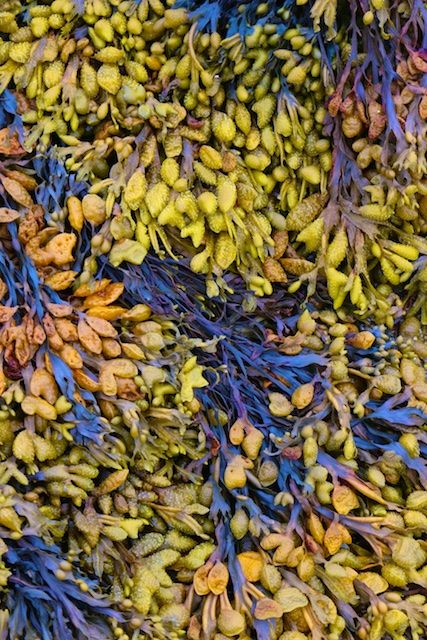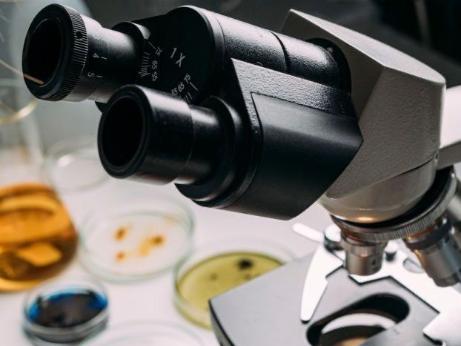Researches
Brown algae fucus and kelp: from traditional medicine to scientific discoveries
The history of the use of brown seaweed, rich in the unique polysaccharide fucoidan, goes back thousands of years. They occupied a special place in the medicine of the Far East, where sages used them to strengthen vitality, fight inflammation and restore health. No less appreciated the gift of the sea and the northern peoples - Pomors included seaweed in their diet and medical practice, intuitively understanding their beneficial effect on the body.
The real revolution took place in the XX century, when scientists managed to isolate fucoidan in pure form and begin a systematic study of its properties. Modern research has revealed the mechanisms of action of this amazing substance:
- Immunomodulatory effect - activation of cytokine production and strengthening of the body's defenses
- Anti-inflammatory effect - reducing the level of inflammatory markers
- Antioxidant protection - neutralization of free radicals
- Cardioprotective properties - strengthening blood vessels and improving blood rheology
- Hepatoprotective action - protection and restoration of liver cells
Today, the scientific community has more than 3500 publications supporting the therapeutic potential of fucoidan. Of particular interest are:
- Effects on the gut microbiome and metabolism
- Prospects for use in regenerative medicine
- Efficacy in the fight against viral infections
- Antitumor activity
These discoveries have found practical application in:
- Production of new-generation biologically active supplements
- Development of innovative cosmeceuticals
- Creation of ecological agro-technologies
- Modern veterinary practice
This section contains scientific papers that reveal:
- Fundamental mechanisms of fucoidan action at the cellular level
- Results of clinical observations and trials
- Promising areas of practical application
These works confirm: brown seaweed is a promising basis for the creation of a new generation of drugs combining natural power and scientifically proven efficacy.
The history of the use of brown seaweed, rich in the unique polysaccharide fucoidan, goes back thousands of years. They occupied a special place in the medicine of the Far East, where sages used them to strengthen vitality, fight inflammation and restore health. No less appreciated the gift of the sea and the northern peoples - Pomors included seaweed in their diet and medical practice, intuitively understanding their beneficial effect on the body.
The real revolution took place in the XX century, when scientists managed to isolate fucoidan in pure form and begin a systematic study of its properties. Modern research has revealed the mechanisms of action of this amazing substance:
- Immunomodulatory effect - activation of cytokine production and strengthening ...
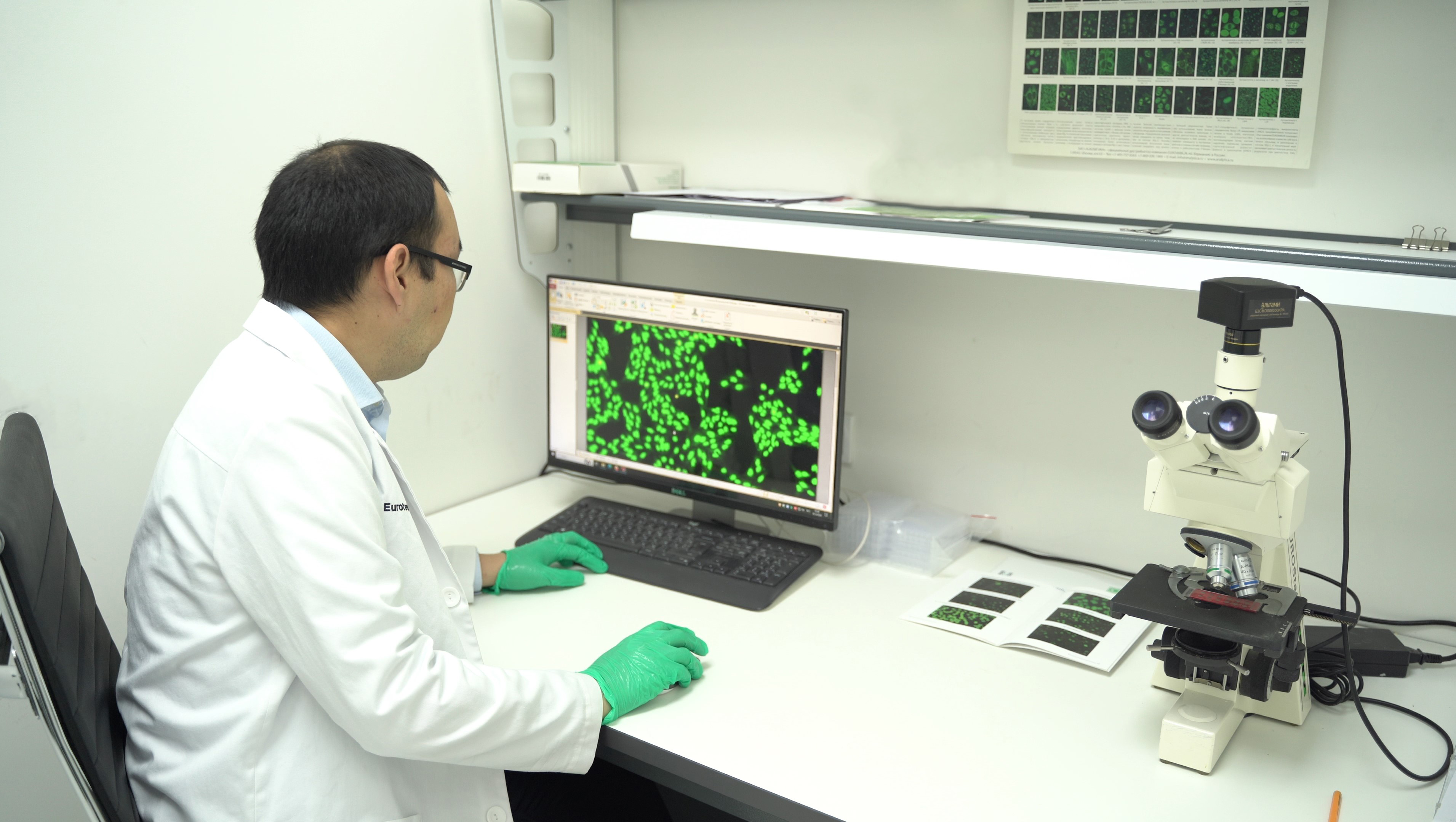
Effects of seaweed supplementation on blood glucose concentration, lipid profile, and antioxidant enzyme activities in patients with type 2 diabetes mellitus
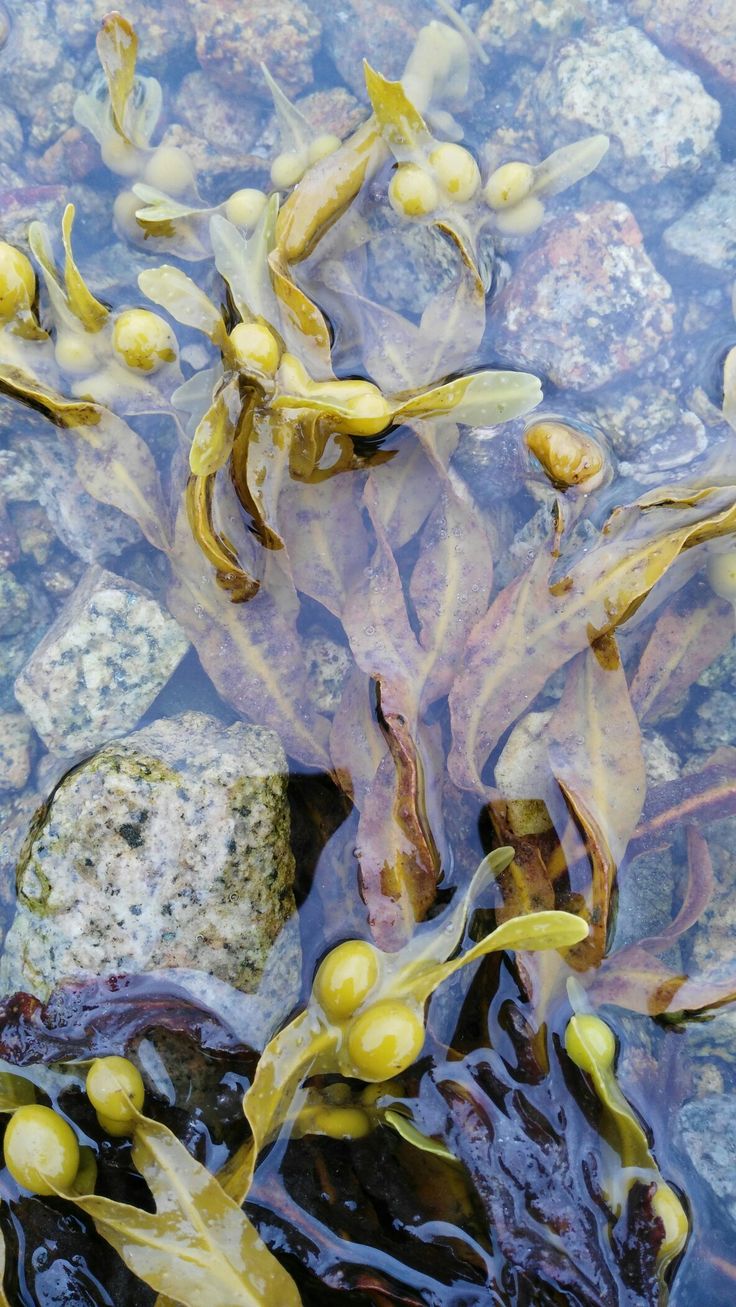
Prospects for the therapeutic application of sulfated polysaccharides of brown algae in diseases of the cardiovascular system: review
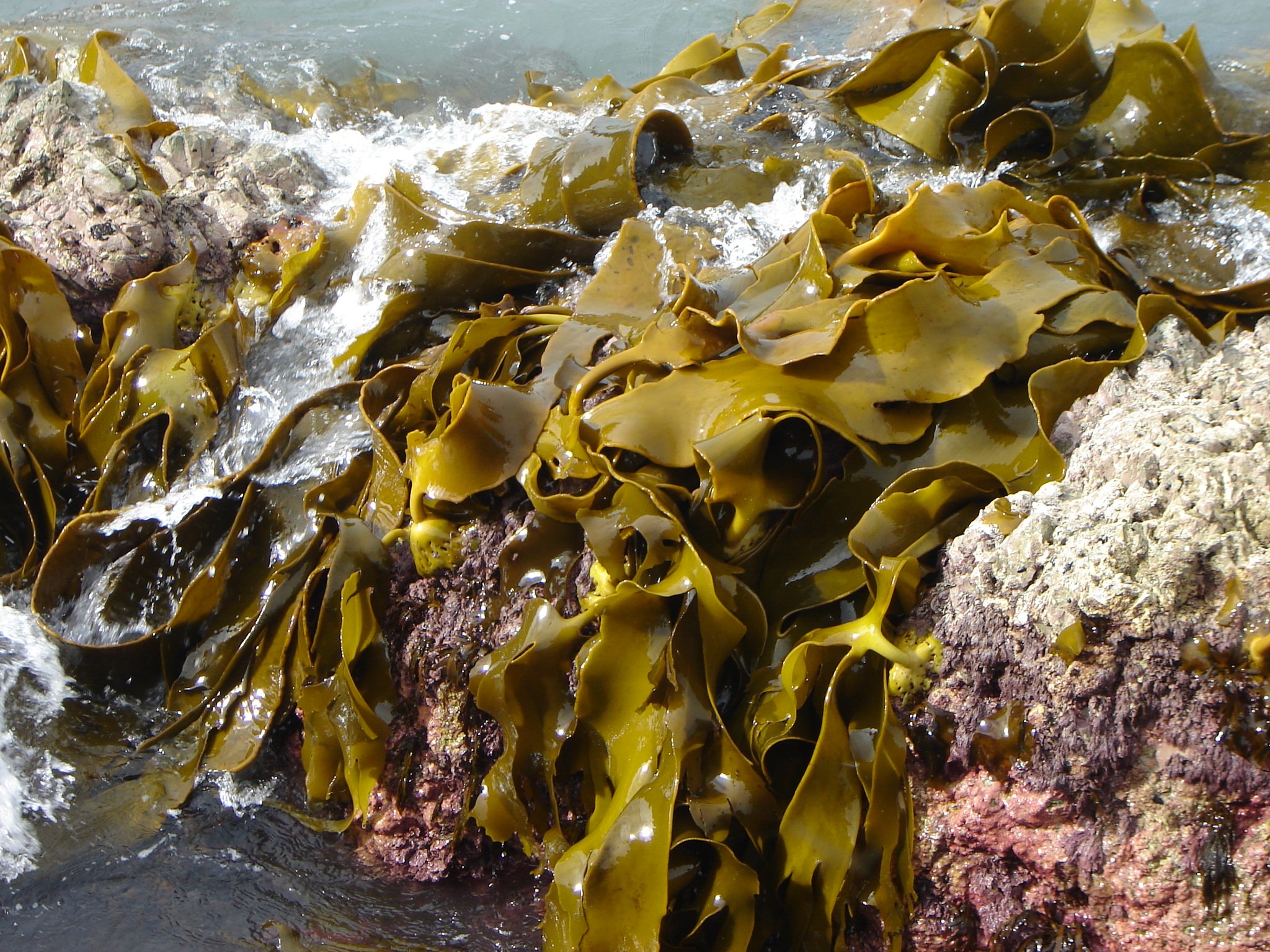
Fucoidan exerts protective effects against diabetic nephropathy related to spontaneous diabetes through the NF-κB signaling pathway in vivo and in vitro
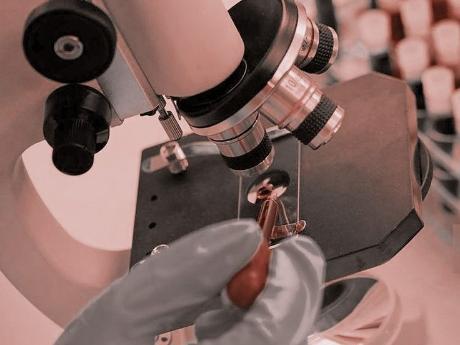
Hypoglycemic property of acidic polysaccharide extracted from Saccharina japonica and its potential mechanism
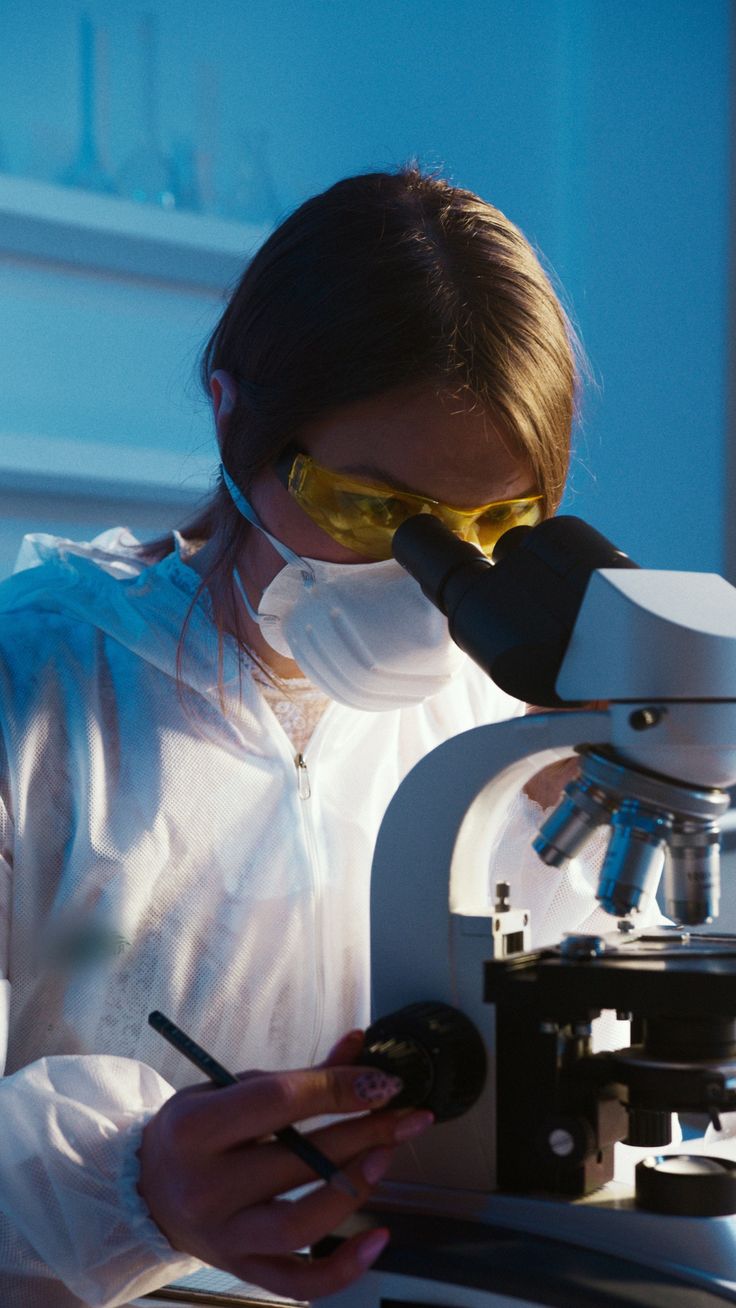
Fucoidan--a α-D-glucosidase inhibitor from Sargassum wightii with relevance to type 2 diabetes mellitus therapy
